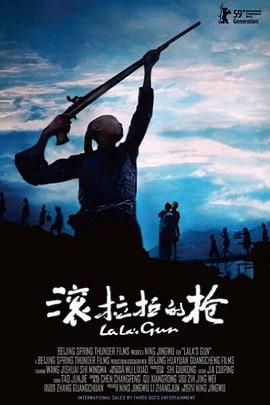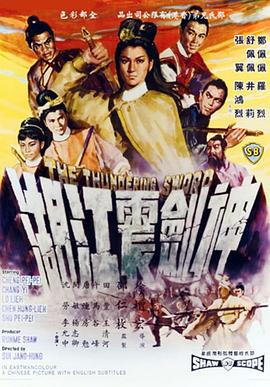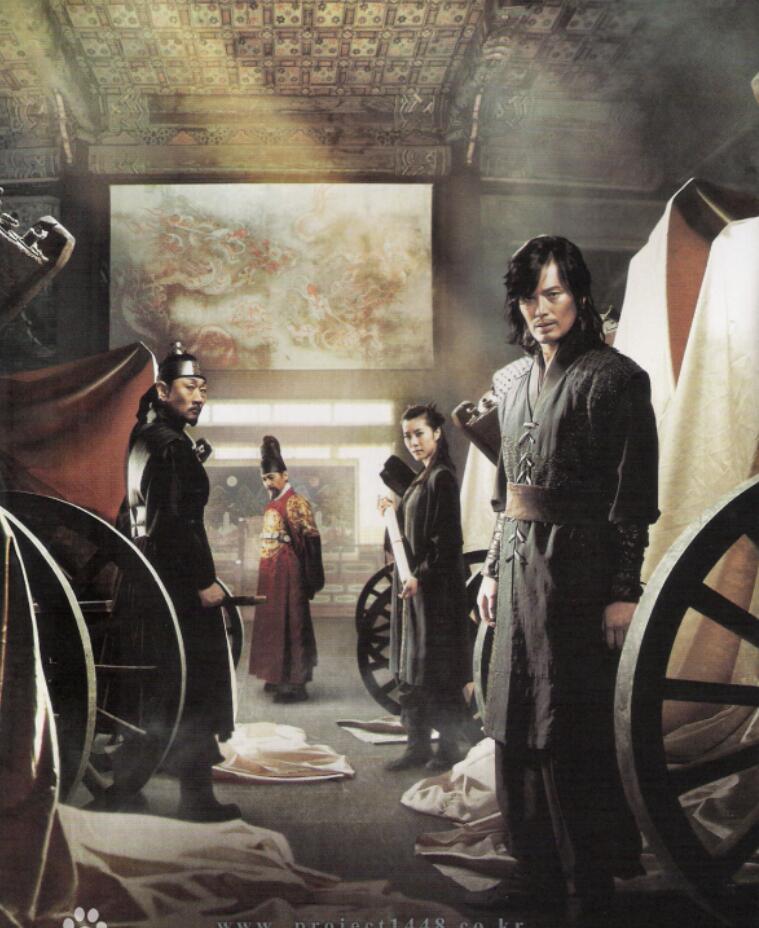In November 1937, after the Japanese army occupied Shanghai, they also captured Hangzhou and Suzhou, and the country's external transportation lines w[Expand All]
In November 1937, after the Japanese army occupied Shanghai, they also captured Hangzhou and Suzhou, and the country's external transportation lines were almost blocked. The only remaining international transportation route, the Yunnan-Vietnam Railway, is in danger of being blown up and cut off by the Japanese invaders at any time. The construction of a new international transportation corridor, the "Yunnan-Burma Highway", has become the top priority in ensuring the transportation of war materials for the country. Wang Junrong, a student who moved to the rear area of Kunming with the school, joined the road-building team temporarily formed by the Nationalist Government. After a brief training, he was sent to Leigong Mountain and Dimu Mountain on both sides of the Nujiang River along the "Yunnan-Burma Highway" to mobilize local people to build the road. The Leigong Mountain and Dimu Mountain on both banks of the Nujiang River are the places where the local indigenous people have relied on for generations to survive and are regarded as sacred mountains by them. On the mountain, there are temples dedicated to the mountain god, ancestral halls of clans, and tombs of generations of ancestors. People cannot accept chiseling or blasting on the "sacred mountain" to build a road that has nothing to do with them. So, all the villagers in the village began to plan and play tricks on the road builder Wang Junrong, hoping that he would leave soon and build the road elsewhere. Just as the villagers of the village were using all kinds of means to force Wang Junrong to leave the "sacred mountain" in their minds, and Wang Junrong was extremely stubborn in insisting on building a road here, the county civil affairs office sent the notice of death and the compensation. All the strong men from Leigong Village and Dimu Village who joined the Yunnan Army were killed in the battle against the Japanese army in Taierzhuang. Immediately, every household in the village rushed to the grave, and the wailing shook the heavens and the earth. Facing the sacrifice of their loved ones for the country, the two village chiefs, Li Da and Yang Badai, decided to build a road and put aside their past grievances. They led the villagers to join hands and construct a major transportation artery to support the just war. So on Leigong Mountain and Dimu Mountain, a tragic song was played out, in which people used primitive tools, spent all their possessions, endured hunger, suffering from illness, and sacrificed their blood and lives to clear the mountains and build roads. During the process of building the road, the young and handsome Wang Junrong realized that the ultimate road is connected to the heart. In the process of connecting "road and heart", Wang Junrong and Li Touren from Leigong Mountain Village[Collapse]






















